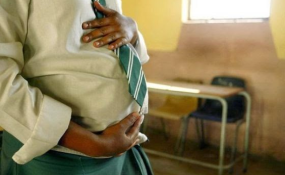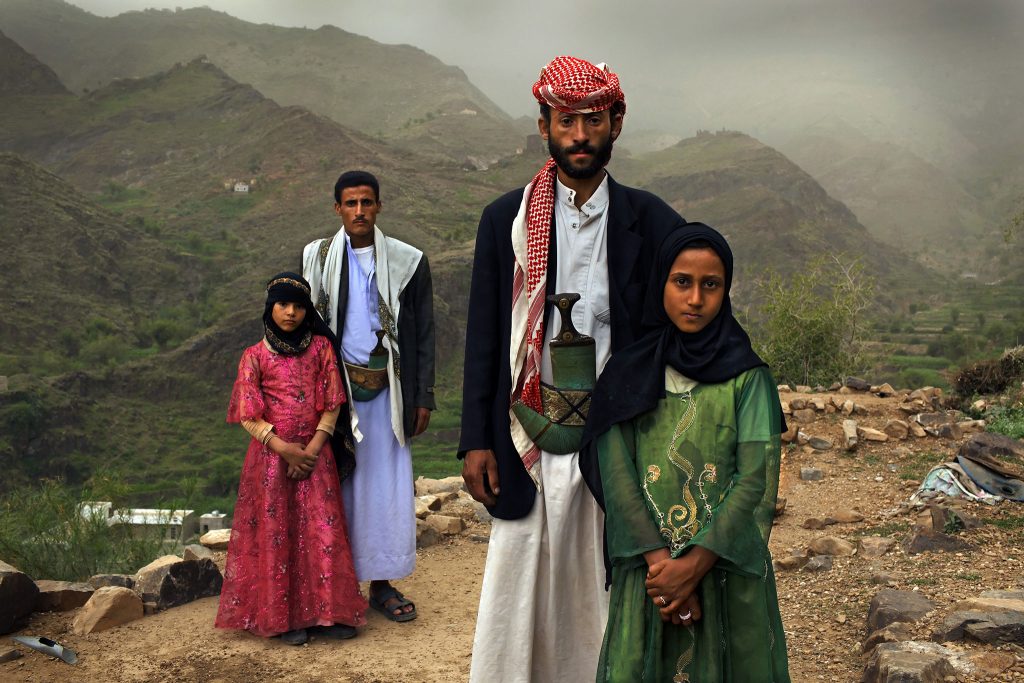Lawmakers yesterday tasked the government to explain when it will specifically revise the heavily criticized Law of Marriage Act of 1976 in order to protect young girls from being married off at a tender age.

MPs from the opposition and ruling parties sounded the ‘red’ signals here Tuesday when debating budget estimates for the Ministry of Constitution and Legal Affairs, tabled by Prof Paramagamba Kabudi.
They said there was need for the government to reinforce the law in the face of “increasing numbers” of child marriages and school drop-outs across the country.
“This is against the constitution … a number of girls are denied their constitutional rights and the existing law is too discriminative,” Ms Amina Mollel, Special Seats MP (CCM), said when debating the ministry’s budget estimates. So, she queried: “When will the government bring to parliament a proposal to amend the outdated marriage law?”
Debate on the marriage act started since 1994, with mostly contested sections being 13 and 17 of the law that allows a boy child to marry at age of 18 — while a girl child could marry at the tender age of 14. Special Seats MP Ms Salome Makamba (Chadema) said the government was taking (too) long to revise the law – at a time when a number of women were dying on delivery beds.
“Maternal mortality is on rise because of child marriages … as a woman and a representative I need answers from the government,” she said.
She highlighted that the marriage act of 1967 was against the convention of children’s right and contravened global sustainable development goals 2030 which, among others, seeks to promote equality for all.
However, Attorney General, Gorge Masaju said the government was taking appropriate steps to revise the law.
For his part, Constitution and Legal Affairs minister Prof Kabudi acknowledged the law was under review, but stressed that more time was needed to facilitate consensus building among all parties. He said Tanzania had a good marriage law, for a start, saying other countries had failed to write the same documents due to customs and religious differences.

